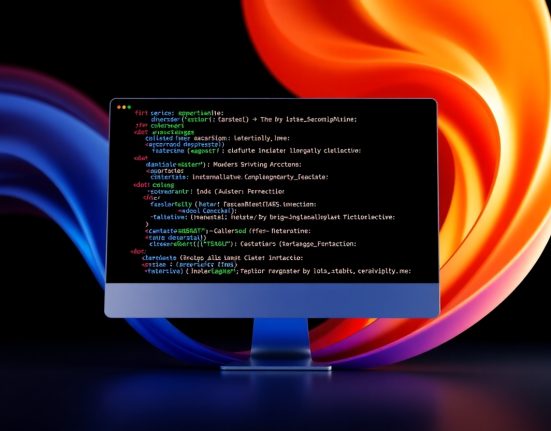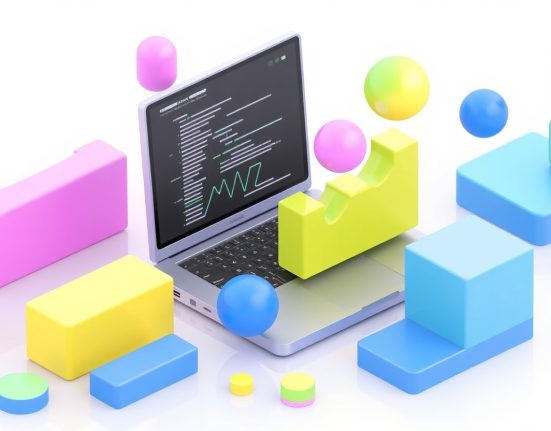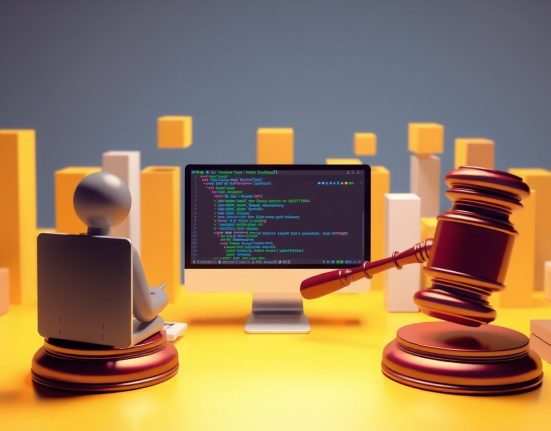The digital world is evolving at an unprecedented pace, and artificial intelligence (AI) stands at the forefront of this transformation. Software development is undergoing a major revolution, as AI-based tools are becoming part of every stage of the process—from planning and coding, to testing, deployment, and maintenance. In particular, the role of full-stack developers—those who work across both frontend and backend—is changing dramatically. With AI entering the scene, a key question arises: in this new era, will we truly need to learn less? Or is learning simply taking a new form?
New Tools, New Rules
The rise of tools like GitHub Copilot, Amazon CodeWhisperer, and Tabnine, along with the integration of models like GPT and Code Llama into development environments, is changing the game. Today, developers can describe what they want and receive working code within seconds. They can ask for explanations, request refactoring, or detect bugs without combing through every line.
At first glance, it seems that the need for learning is decreasing: less memorization of syntax, fewer hours debugging, and less reliance on remembering APIs or writing boilerplate logic. But that is a shallow perspective.
We’re Not Learning Less – We’re Learning Differently
The real shift lies in what we are learning. Developers are no longer measured solely by their command of syntax or libraries, but by their ability to think systemically, define problems clearly, and validate solutions critically. To work effectively with AI, developers must acquire a new skill set:
- Prompt engineering: the ability to craft clear, precise requests with relevant context to get high-quality results
- Code review: deep understanding of AI-generated code, including identifying hidden bugs, performance issues, and architectural mismatches
- Technical judgment: knowing when to use AI, when not to, and how to integrate generated code with manually written components
- Security and ethics: awareness that AI-generated code can introduce vulnerabilities, leak sensitive information, or violate licenses—issues that have sparked growing concern
Not All Code Is Created Equal
AI accelerates what is already known—it doesn’t necessarily bring innovation. Therefore, the developer’s role is shifting from executor to knowledge manager. In an era where code can be generated in seconds, it’s even more important to understand the entire system architecture, design patterns, scaling strategies, and infrastructure management. Without a solid theoretical foundation, a developer will struggle to recognize when the code offered by AI is simply wrong.
New Challenges in the Job Market
Employers are now looking for developers who can do more than just write code. They want professionals who know how to work with AI, integrate it into existing workflows, and maintain control over their solutions. This means that developers must keep learning—not less, but more. However, the focus is shifting to areas such as:
- Distributed system design
- Product thinking and project leadership
- Deep knowledge of DevOps and CI/CD practices
- Static code analysis and automated testing tools
- AI-aware development practices that consider ethics and security
AI as a Professional Accelerator – Not a Replacement
Ultimately, AI is not here to replace developers, but to empower them. Those who learn how to harness this power will enjoy greater productivity, more creative freedom, and the ability to build complex products faster. But to make that happen, they’ll need to invest—not in learning more commands, but in learning how to think better, define problems more clearly, and turn AI into a partner rather than a threat.
Conclusion The AI era does not eliminate the need for learning—it transforms it. Full-stack developers now stand at the heart of a revolution that demands new skills, deeper critical thinking, and professional adaptability. The question isn’t whether we will learn less, but whether we will learn smarter. And those who learn smarter will always stay relevant.













